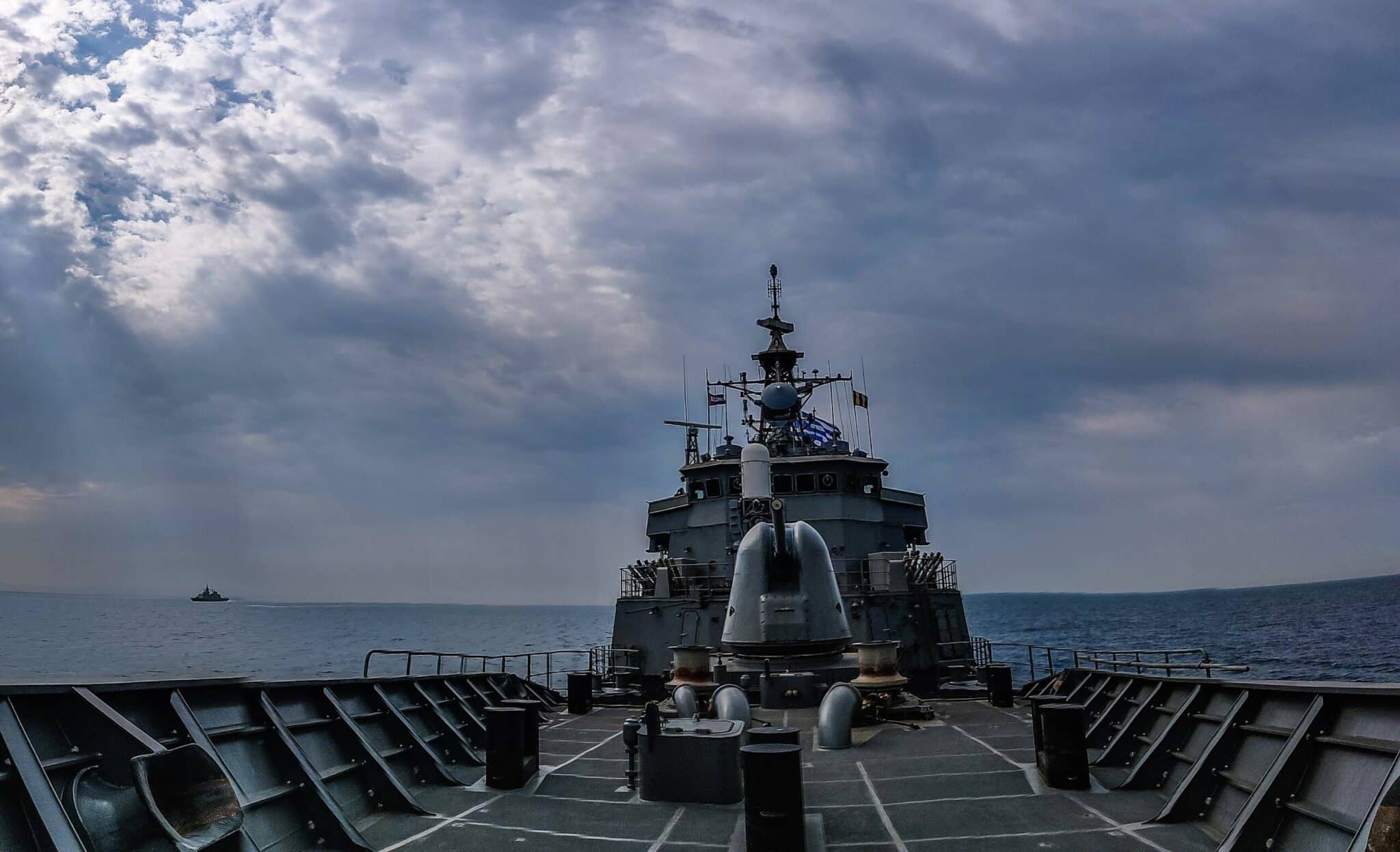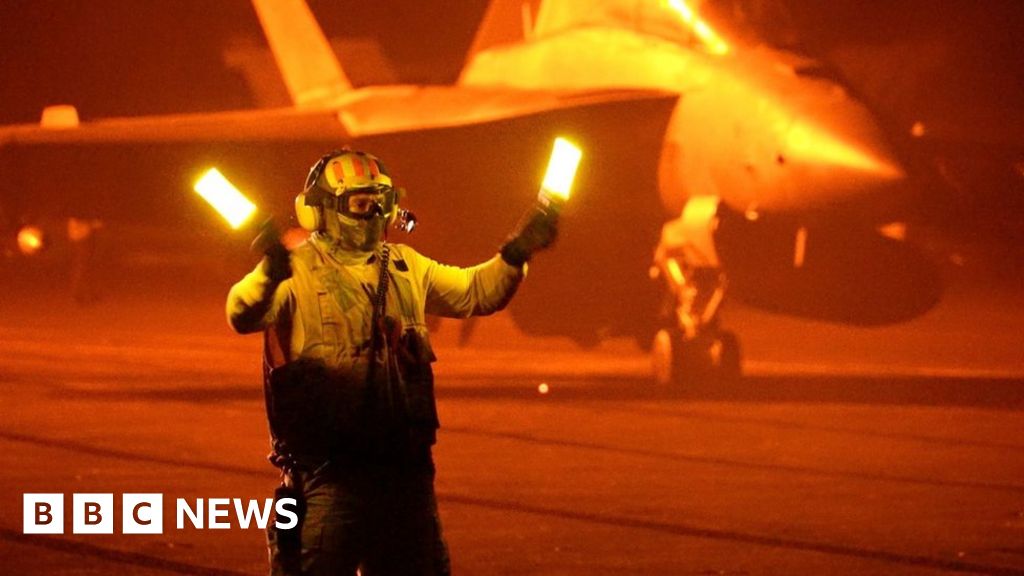Crucial Red Sea data cables cut, telecoms firm says
Several undersea communications cables in the Red Sea have been cut, affecting 25% of data traffic flowing between Asia and Europe, a telecoms company and a US official say.
Hong Kong-based HGC Global Communications said it had taken measures to reroute traffic after four of the 15 cables were recently severed.
The cause is not yet clear.
The US official said it was trying to find out whether the cables were cut deliberately or snagged by an anchor.
Last month, Yemen's internationally-recognised government warned that the Iran-backed Houthi movement might sabotage the undersea cables in addition to attacking ships in the sea.
The Houthis - who control much of western Yemen's Red Sea coast - denied last week that they had targeted cables and blamed US and British military strikes for any damage to them.
US and British forces have targeted Houthi weapons and infrastructure in response to the drone and missile attacks on merchant vessels passing through the Red Sea and the Gulf of Aden.
The Houthis say their attacks are a show of support for the Palestinians in the war between Israel and Hamas in the Gaza Strip.
HGC Global Communications said in a statement on Monday that four submarine cables in the Red Sea - Seacom, TGN-Gulf, Asia-Africa-Europe 1 and Europe India Gateway - had been cut in a recent "incident".
An estimated 25% of traffic was affected, it added, noting that some 80% of the west-bound traffic from Asia passed through the cables.
HGC said it had taken measures to mitigate any disruptions for its clients by rerouting data to Europe through cables in mainland China and under the Pacific Ocean to the US, as well as using the remaining cables in the Red Sea.
African telecoms cable operator Seacom told the Associated Press that "initial testing indicates the affected segment lies within Yemeni maritime jurisdictions in the Southern Red Sea".
A Pentagon official confirmed to CBS News, the BBC's US partner, that undersea telecommunications cables in the Red Sea had been cut.
The official said the US was still trying to determine whether they were deliberately severed or snagged by a ship's anchor.
Last week, Israeli business website Globes reported that the same four cables running between the Saudi city of Jeddah and Djibouti had been damaged and pointed the blame at the Houthis, without providing any evidence. Sky News Arabia, which is based in the United Arab Emirates, cited unnamed sources as accusing the Houthis of "blowing up" the cables".
The Houthis' telecommunications ministry denied those reports.
The ministry said it wanted to reaffirm remarks in a recent speech by Houthi leader Abdul Malik al-Houthi, who said the group did not want to put any communications cables at risk.
The decision to "prevent the passage of Israeli ships" through the Red Sea did "not apply to ships belonging to international companies licensed to carry out marine work on cables in Yemeni waters", it added.
On Monday, Telecommunications Minister Misfer al-Numair said his ministry was "ready to assist requests for permits and identify ships with the Yemeni Navy", referring to the Houthis' naval forces.
Meanwhile, the US military's Central Command said the Houthis had fired two anti-ship ballistic missiles at a Liberian-flagged, Swiss-owned container ship, MSC Sky II, in the Gulf of Aden. One of the missiles hit the vessel, causing damage but no injuries, it added.
Houthi military spokesman Yahya Sarea claimed that the ship was Israeli and that it would "continue to prevent Israeli navigation or those heading to the ports of occupied Palestine".
https://www.bbc.com/news/world-middle-east-68478828
 www.navalnews.com
www.navalnews.com



